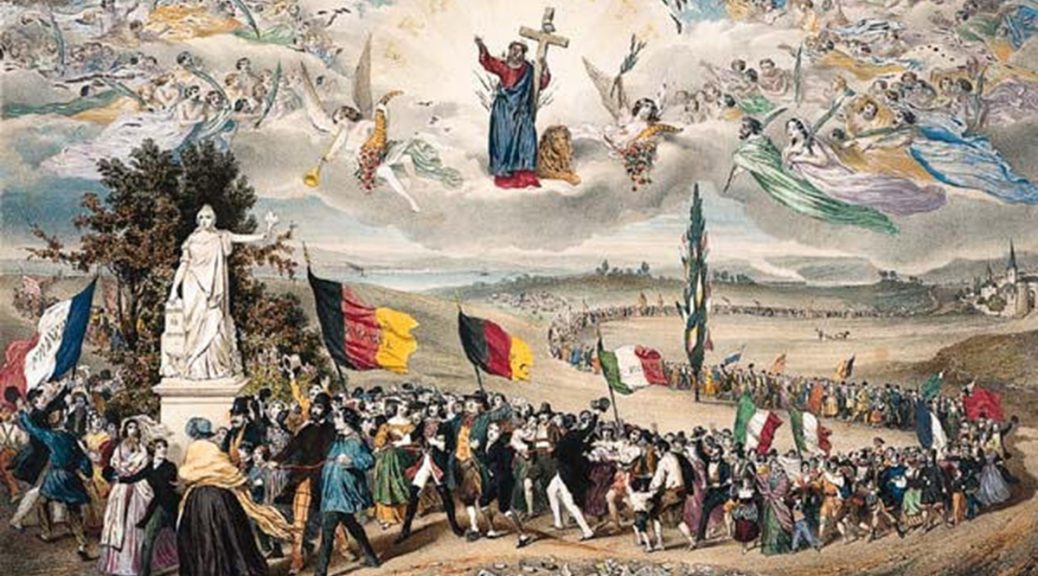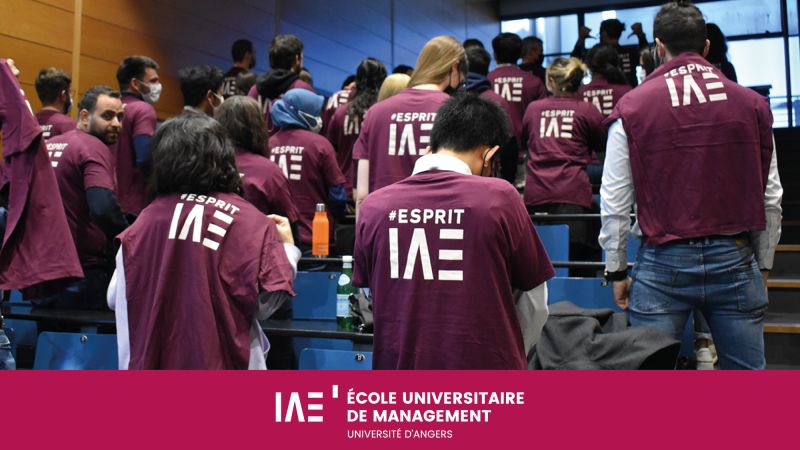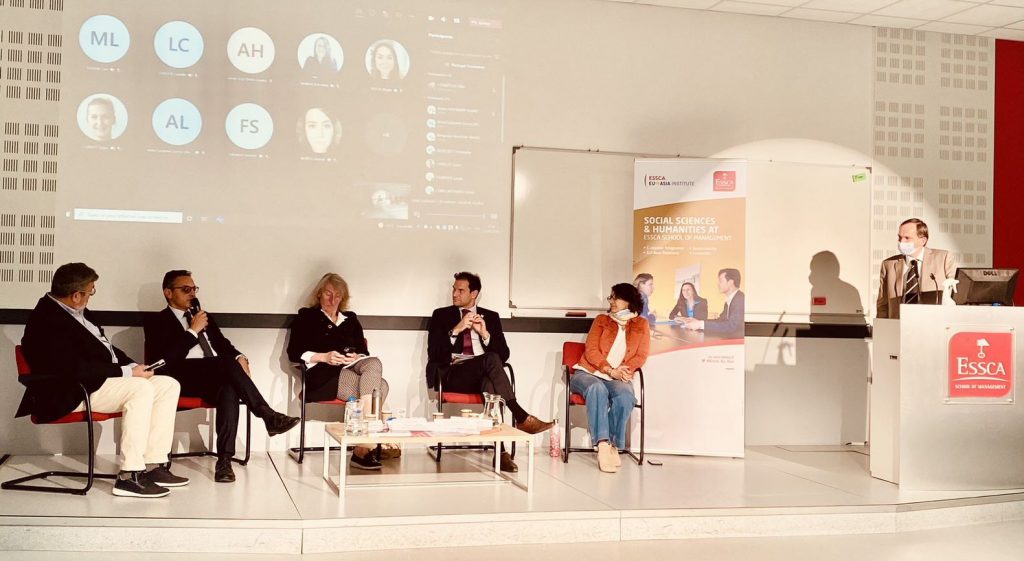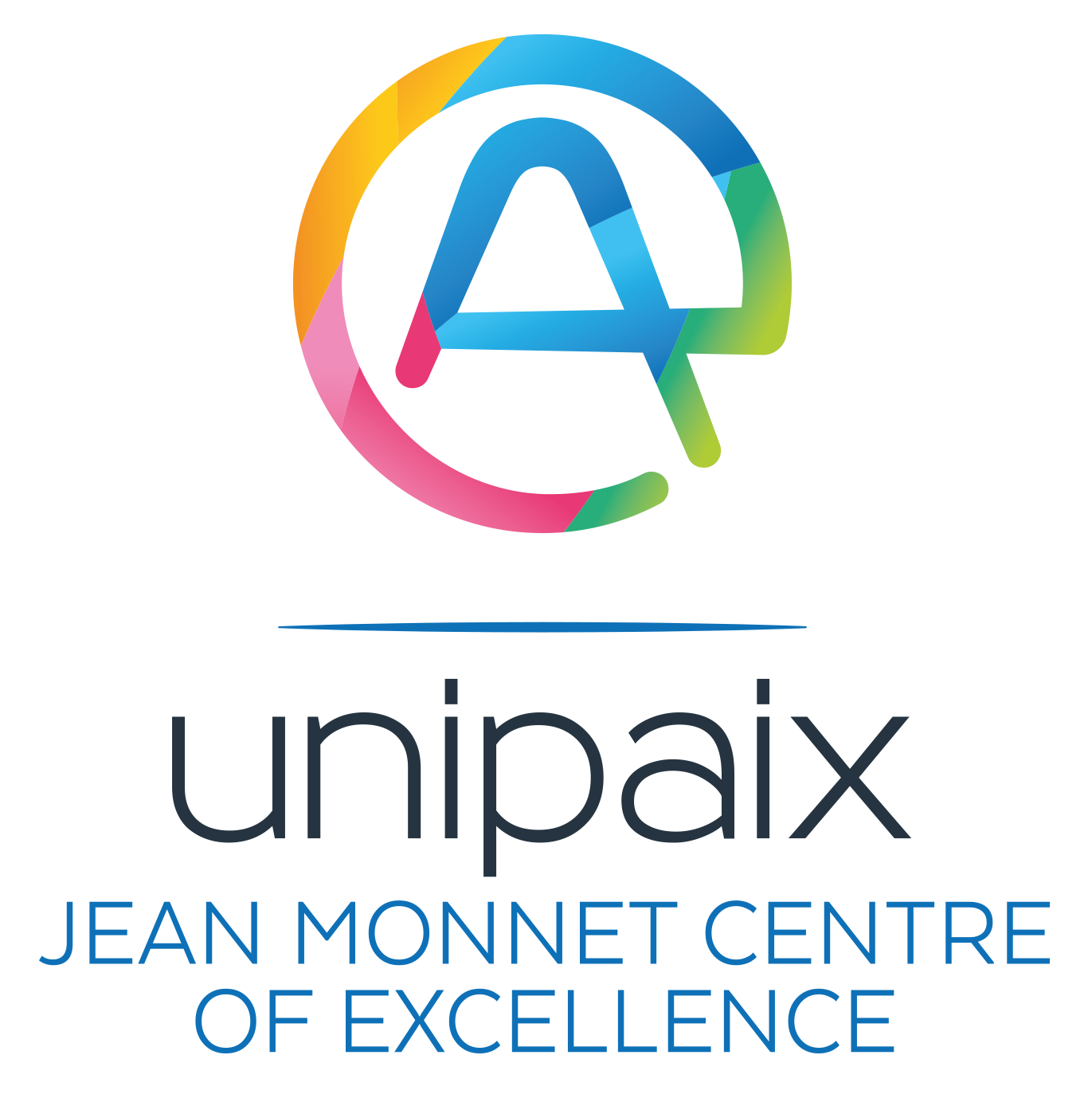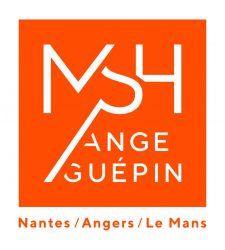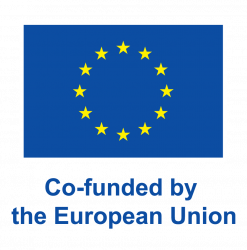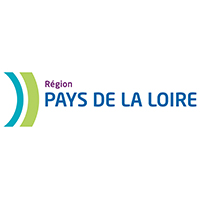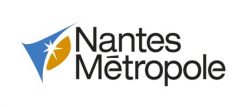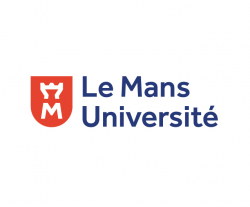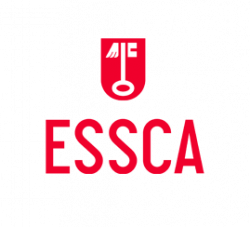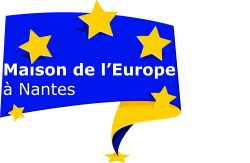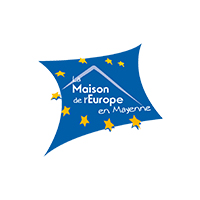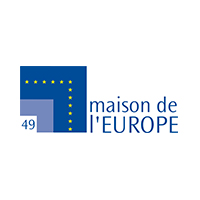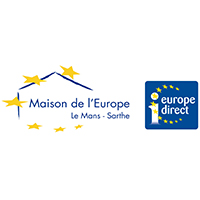What is the role of European culture(s) in resolving the crisis and in defining a European identity? One must consider the fact that cultural diversity contributes to the economic and social wealth of Europe (through tourism, cultural industries, educational systems). One must also identify a cultural specificity potentially shared by all of the countries and regions that have formed Europe, both now and in the past. The aim of these works is to go towards a historical and comparative approach of practices, events and cultural actors in the fields of the arts, education, knowledge, information and leisure in Europe. The three main modalities of contemporary European cultures will be specified:
– Culture in Europe as a strength and as a resistance index which can reveal itself as being either beneficial or retrograde to contemporary global evolutions;
–The permanence of a strong and specifically European tradition of transmitting ideas and values through culture;
– The recent transformation of cultural action into political and social culture-action, which stems from individual and community initiatives and which takes up the role of institutions.
Circulation(s), traditions and renewals
How can the notion of “European culture” be defined and apprehended in the context of plurality, of geographic diversity and of political autonomy, all of which have constituted Europe throughout its history? The aim here is to analyse physical and symbolic circulations: the circulation of ideas, of people and of texts (literary, artistic, cinematographic…). In the postcolonial world, what are the consequences linked to the circulation of ideas and prejudices from the colonial world? How does the circulation of a point of view introduce dynamics of alterity and exchange within the framework of stability (or within a supposedly fixed identity)? Which new artistic and cultural forms are induced by the transatlantic and trans-Mediterranean circulation of artworks and artists? What about translation, teaching and the recognition of the languages used in Europe?
Transmission, (re) appropriation
How can the notion of “European culture” be defined (as being “intra-European” or “extra-European”)? What are the parameters of a more or less homogeneous “cultural Europe” in contrast to other (large) world cultures? The definition of actions and missions in education, training and mediation is challenged by the question of transmitting values heralded by a European culture. How can one characterise the different levels of action and interaction of the actors involved in this global organisation, when they are both the recipients and the producers of this European culture? The relationship between democratisation, arts, and education can be addressed by comparing education at European and extra-European levels, by promoting the mixing of artistic and educational projects as ways of transmitting culture, or even through the arrival of new technologies as these reshape the form and the content of the culture. How has the notion of European identity been constructed, how is it built today and how is it questioned based on the idea of a shared memory? Literature, the performing arts, visual and plastic arts all contribute highly to this memorial dynamic, whether in the sense of selecting and making some memories more sacred than others, or, on the contrary, by unearthing forgotten histories, which then become the basis for new identity-related demands.
Which methodologies should be adopted to address the cultural fact in Europe today?
Through experimentation-both insitu and invivo- the research conducted here focuses on finding original ways to tackle issues related to archiving, transmission, building awareness, and cultural hybridation. Thanks to these new research methods, questions relating to training and innovation are also revitalised and re-envisioned through the production of different types of results: new sets of knowledge, new practices, new languages, new spaces. One of the challenges put forward by researchers has been reflexivity, which implies a form of distancing and perspective.
What is the relationship between the modes of cultural production and the acts of making information and knowledge available as well as spreading and circulating information (issues related to the various mediums and mediations used to transmit information)? What do these forms of mediation imply in pedagogical terms? How do pedagogically innovative activities contribute to the creation of schemes that are meant to spread, build, and even create a European consciousness or a cultural identity? What type of renewal does that imply for the teaching-researching profession?
What are the intellectual, public and socio-cultural mechanisms and the original tools of production and co-production of knowledge and ideas? A major issue consists in thinking about developing original tools to produce academic knowledge. What role can open access or creative commons schemes play? How do these modes of access change the constructed culture?

